Geothermal Tax Credits
Andy
7 years ago
last modified: 7 years ago
Related Stories
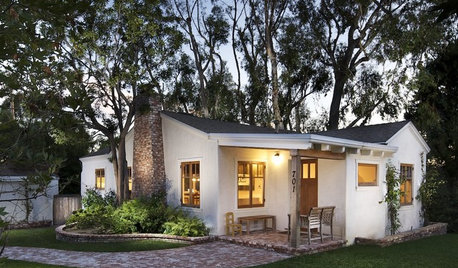
MOVING5 Risks in Buying a Short-Sale Home — and How to Handle Them
Don’t let the lure of a great deal blind you to the hidden costs and issues in snagging a short-sale property
Full Story
REMODELING GUIDESHouzz Planning: How to Choose a Front Door
Wood, Fiberglass or Steel? Find the Right Material for Your Entry Door
Full Story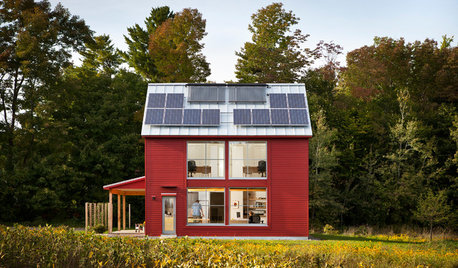
GREEN BUILDINGGoing Solar at Home: Solar Panel Basics
Save money on electricity and reduce your carbon footprint by installing photovoltaic panels. This guide will help you get started
Full Story
REMODELING GUIDESHow to Protect (Even Enhance!) Your Relationship While Renovating
No home improvement project is worth a broken heart. Keep your togetherness during a remodel with this wise advice
Full Story
HOME OFFICESPaperless Home Offices Show Reams of Style
If pesky piles of paper are ruining your interior design — not to mention a forest or two — it may be time to take the paperless plunge
Full Story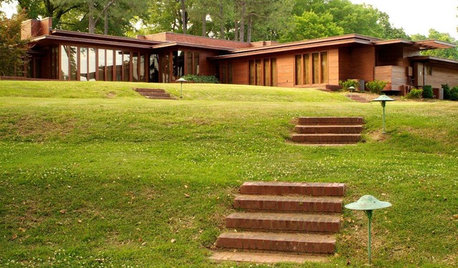
HISTORIC HOMESWright Sized in Alabama: The Rosenbaum House
Get lessons in Usonian living from the design and evolution of a historic Frank Lloyd Wright home
Full Story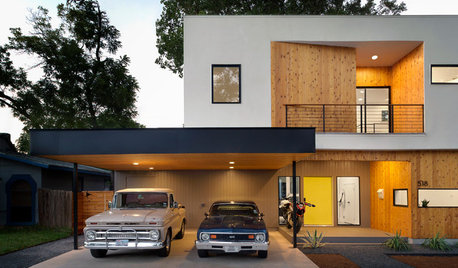
GARDENING AND LANDSCAPINGThe Allure of a Well-Designed Carport
Easy access, unobstructed views and architectural appeal are a few of the reasons to love a carport
Full Story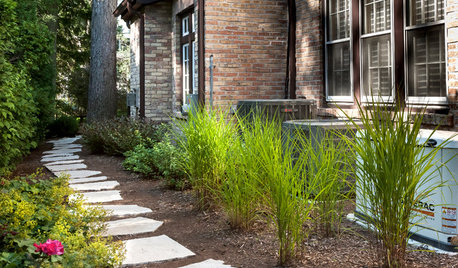
MOST POPULAR5 Ways to Hide That Big Air Conditioner in Your Yard
Don’t sweat that boxy A/C unit. Here’s how to place it out of sight and out of mind
Full Story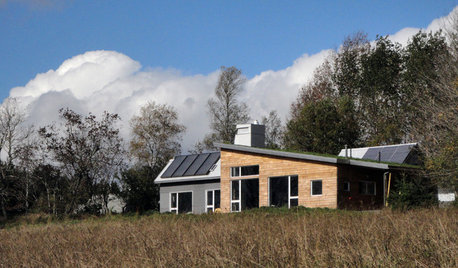
GREEN BUILDINGHouzz Tour: Going Completely Off the Grid in Nova Scotia
Powered by sunshine and built with salvaged materials, this Canadian home is an experiment for green building practices
Full Story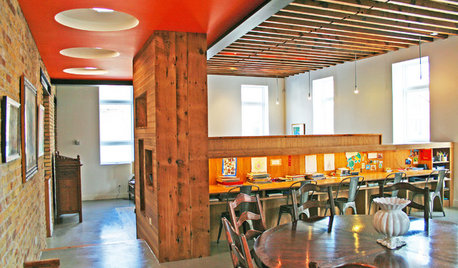
HOUZZ TOURSHouzz Tour: Schoolhouse-Turned-Home in Chicago
A family of seven settles into a dream modern-industrial home that reflects both their green philosophy and their fun, casual lifestyle
Full Story



AndyOriginal Author
stickman42
Related Discussions
Friendly reminder to finalize any tax credit material for 2013
Q
Tax credit for geo thermal now 30% !!!
Q
Geothermal - Cheaper than traditional HVAC with tax credits?
Q
Does Geothermal make sense?
Q
mike_home
fsq4cw
AndyOriginal Author
mike_home
AndyOriginal Author
fsq4cw
mike_home
fsq4cw
fsq4cw
Elmer J Fudd
mike_home
stickman42
mike_home
fsq4cw
AndyOriginal Author
mike_home
fsq4cw
fsq4cw
AndyOriginal Author
stickman42
AndyOriginal Author
stickman42
mike_home
Elmer J Fudd
stickman42
fsq4cw
fsq4cw
AndyOriginal Author
stickman42